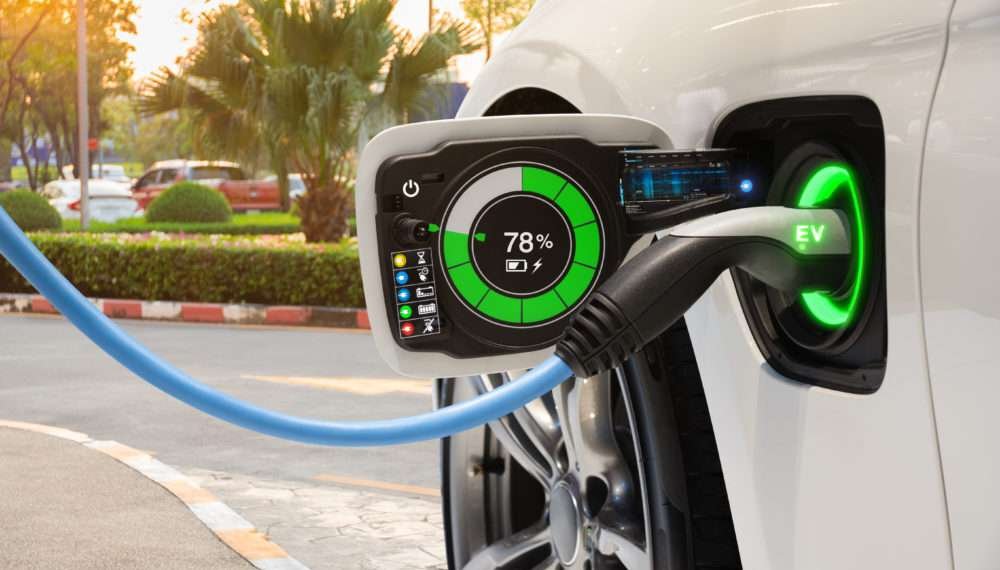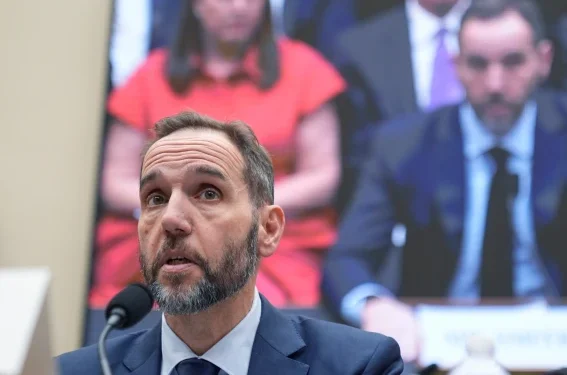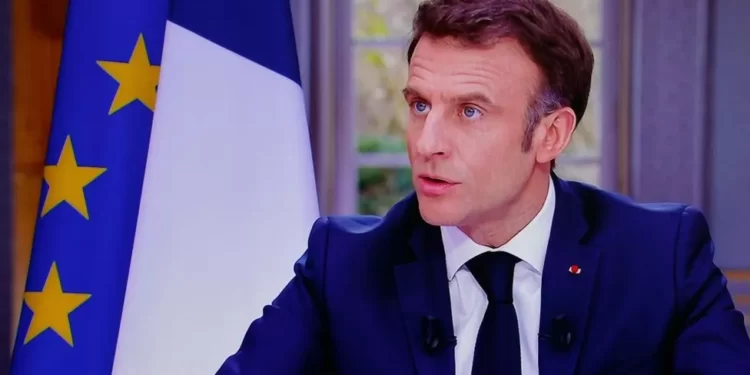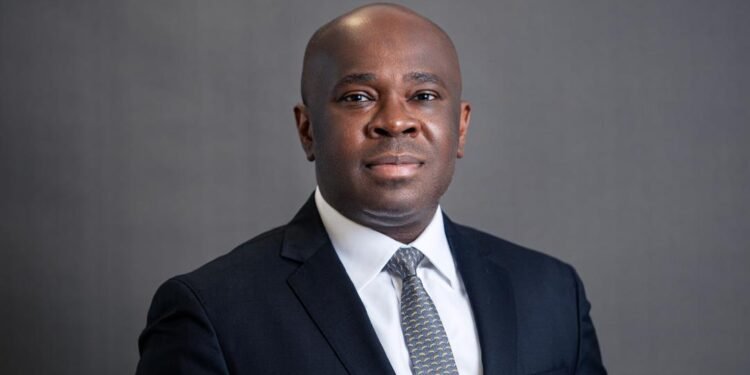Dr Yusif Sulemana, an energy expert and senior oil production specialist at Petroleum Development, Oman, has indicated that while the imposition of 100% waiver on import duties of electronic vehicles (EVs) is commendable, the government should scale up efforts in developing the infrastructure for charging units or recharging networks as that will reduce the bottlenecks with the EV use.
During the launch of the E-mobility Conference in September 2021, the Minister of Energy, Dr Matthew Opoku Prempeh noted that a new EV Policy document was expected to be completed by year-end 2021. After which the draft document would be further scrutinized before undergoing parliamentary approval, placing the expected rollout of the policy somewhere around 2022/2023.
In draft form, the document would outline regulations and policy framework that tackles all technical issues on mass deployment of electric vehicles in Ghana.
Projection for EV Adoption Lags
The Energy Commission’s drive electric initiative concept note projected that by 2020 “at least one hundred (100) electric vehicles and at least 10 public charging outlets in Ghana will be made available in Ghana”.
While there is progress regarding the use of EVs by a handful of consumers (100 more or less), this rate of adoption is rather slow and the charging infrastructure less than half of what was expected two years ago.
A number of EV outlets have been established in the past year: the Hyundai Kona EV was launched in Ghana in 2020. Egle Motors Ltd introduced the Ora Black Cat to the Ghana market earlier last year and has already sold over 20 units in Ghana. SolarTaxi Ghana is now offering more than 15 different EVs on lease or outright purchase options, according to CleanTechnica.
Currently, there are only four (4) public charging stations for electric vehicles: POBAD Charging Station located at A&C Mall, East Legon; Porsche Charging Station at Total Fuel Station, Liberation Road; Porsche Charging Station at Palace Mall, Spintex; and Porsche Charging Station at Kempinski Hotel Parking Lot, according to the Energy Commission’s website.
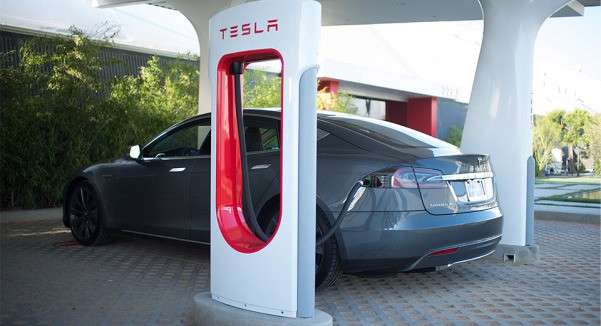
Dr Yusif Sulemana commented:
“…We are moving to a situation that nations will have to look at their competitive advantage and their strategic strengths when they’re taking such decisions but not merely conform to Climate change activism. So, such a move, as much as are commendable… the Ministry of Energy has to make a business case for taking such an initiative.
“…There will be a trade-off in the sense that we will lose some revenue in terms of this tax waiver… however, we have to look at the cascading positive impact of this trade-off.
“…EVs are not coming on a silver platter, and this is because currently, they are not competitive in terms of cost… and what is making EVs costly is not only about importation. We can waive importation but once it comes in, what about the maintenance cost since the key component of EVs is the battery system.
“Before we can succeed… as we are thinking about removing the tax to potentially flood the market with EVs, we have to look at developing infrastructure that can accommodate the charging units… This is the crux of the whole matter that has been working against the rate at which these EVs are going to expand…”
Dr Yusif Sulemana, Energy Expert

In India, for instance, the Andrha Pradesh policy document for EV adoption stipulates a similar waiver for EVs: 100% exemption from registration fee; 50% exemption from motor vehicle tax; 100% exemption from electricity duty for EV charging stations; 100% import duty on fully imported cars with CIF (Cost, Insurance and Freight), although this does not treat EVs separately from internal combustion engines (ICEs).
While implementing the 100% waiver on the import duties of EVs, the biggest bottleneck for EV adoption transcends importation duties: concerns about battery life and consumers mulling about EV charging infrastructure challenges.
Demand for EV-related metals (lithium, cobalt, nickel) are rising with increase in prices running parallel. Thus, Dr Sulemana recommended that focus should also be channeled towards expanding the charging infrastructure as well as putting in place mechanisms to sustainably maintain these charging units.
“If you have fewer charging units and you flood the market with electric vehicles, you will end up packing your electric vehicle when there is no charging source should the battery run down whiles driving.
Dr Yusif Sulemana, Energy Expert
“The charging infrastructure is also another huge investment but it’s not something that can stop us from taking such a move,” since there are opportunities available for green investments into EVs and other renewable energies, he said.
Outlook of EVs in SSA for 2022
Fitch Solutions believes that the demand for EVs in most of Sub-Saharan Africa (SSA) and the Middle East and North Africa (MENA) will remain weak over 2022-2030 due to the limited EV recharging network, muted incentivisation capabilities and low-income consumers.
“In SSA, specifically we note that a higher degree of EV penetration in the region will be a tall ask for the consumers, governments and many power grids”.
Fitch Solutions
Based on Fitch’s projections, countries such as Nigeria and Angola will be very unlikely to support EV adoption due to their dependence on oil revenue. Also, countries with larger gas reserves (Nigeria, Egypt and to some degree South Africa through Mozambique) will gravitate towards natural gas-powered vehicles, specifically commercial vehicles (trucks and buses).

Fitch forecasts global EV sales to expand by 40.3% year-on-year in 2022 to reach an annual sales volume of over 7.8 million units. This will drive a global EV penetration rate (EV sales as % of total vehicle sales) to reach 8.2% in 2022, up from an estimated 6.2% in 2021.
“While we expect the demand for new electric vehicles (EVs) to strengthen further in 2022, the limited supply of new vehicles stemming from the global semiconductor shortage, shipping delays and limited battery production capacity will severely limit EV sales over 2022.
“We also expect some inflationary pressures in EV production costs as the cost of lithium, aluminium and copper all remain elevated over 2022.” However, many automakers have begun signing supply agreements with mining companies to ensure a steady supply and manage the long-term input costs, Fitch said.
Fitch Solutions
The motivations of EV adoption cannot be overstated, including high environmental friendliness, fast acceleration, lower maintenance fuelling costs but for this to happen the bottlenecks that are likely to affect adoption should be adequately tackled.
READ ALSO: GRA Lauds Transformation Agenda For Improved Revenue Collection

